The often dour Vladimir Putin is looking very cheery in China, which has just hosted the summit of the Shanghai Cooperation Organization (SCO) in Tianjin to the north, and is preparing for a grand parade to commemorate the 80th anniversary of the end of the Second World War in Beijing tomorrow.
While Xi Jinping is clearly the man of the hour, Vladimir Putin seems to be having a good trip, too. Even as his Alaska summit saw him getting the literal red carpet treatment from Donald Trump, this is a chance to underline the degree to which Western efforts to isolate him really just mean that most European leaders are giving him hard stares. Indian prime minister Narendra Modi, whose country continues to buy Russian oil despite punitive US sanctions, hopped into his (Russian-made) Aurus limousine for what ended up being an almost hour-long one-to-one chat. Putin has also had meetings with other leaders, from Turkey’s Erdogan and Iranian president Masoud Pezeshkian, to Vietnamese prime minister Phạm Minh Chính.
Beijing is clearly pitching the SCO as the basis for an alternative global order, one in contrast to an existing one that the Chinese (and, frankly, many others in the Global South, or what Putin has taken to calling the World Majority) regard as built by the West to protect the West’s interests. The corollary, of course, is that the new system would be for Beijing’s convenience, but at present Putin doesn’t seem to have a problem with that.
This is actually an issue on which there is a growing behind the scenes debate within the Russian elite. For Putin and his septuagenarian circle of cronies, all that really matters is winning (whatever that may mean) in Ukraine, and whatever compromises need to be made to that end are worth it. After all, Putin’s historical legacy, political credibility and perhaps even survival are all at stake. For the next political generation, the 50- and 60-somethings waiting, sometimes a little impatiently for their time in the sun, and whose horizons extend rather further, the danger that Russia will have already become a vassal of China’s by the time they take power is a worrying one. For now, though, Putin doesn’t want to hear it. China is necessary for his war, and that’s that.
Xi Jinping is clearly the man of the hour, Vladimir Putin seems to be having a good trip, too
Besides, events like the SCO summit allow him to hold forth on his usual concerns to a largely supportive audience. In his address, Putin pleased Xi by arguing that “the SCO could take a leading role in forming a fairer system of global governance. A system that would replace the obsolete Eurocentric and Euro-Atlantic models, would take into account the interests of a wide range of countries, that would be truly balanced. It would not allow attempts by some states to ensure their security at the expense of the security of others.”
Except, a cynic might note, for Ukraine. However, this war was also the fault of those pernicious Westerners: “the crisis arose not as a result of Russia’s attack, but as a result of the coup d’etat in Ukraine, which was provoked by the West. And then by attempts to suppress the resistance of those regions in Ukraine that did not support this coup. The second reason for the crisis is the West’s constant attempts to draw Ukraine into Nato, which poses a direct threat to Russia’s security.”
Putting aside the precise characterization of the 2014 “Revolution of Dignity” which did, in fairness, topple a corrupt but democratically elected president, and the mischaracterization of Ukraine’s relationship with Nato – it was always Kyiv beating on the door, with the Western alliance prevaricating – this is a line which works especially well at such gatherings for two reasons. Firstly, it allows Putin to flatter his hosts and peers, expressing his appreciation their efforts to address what he calls the “root causes” of the crisis (and which Kyiv would describe as its rights as a sovereign nation). Secondly, it speaks to a powerful current of not so much anti-Western feeling (though there is much of that, exacerbated by Trump’s tariff extravaganza) as growing self-confidence in the rest of the world.
There was, after all, a prevailing sense that the future is theirs in a bloc which accounts for more than half of the world’s population and about a third of its GDP, with an average economic growth last year exceeding 5 percent.
For Putin, faced with the daily evidence of the mounting problems facing Russia, it makes sense to be in a club where Russia still matters, where the mood is optimistic, and where most agree – or at least are not there and then going to disagree – with what he has to say.



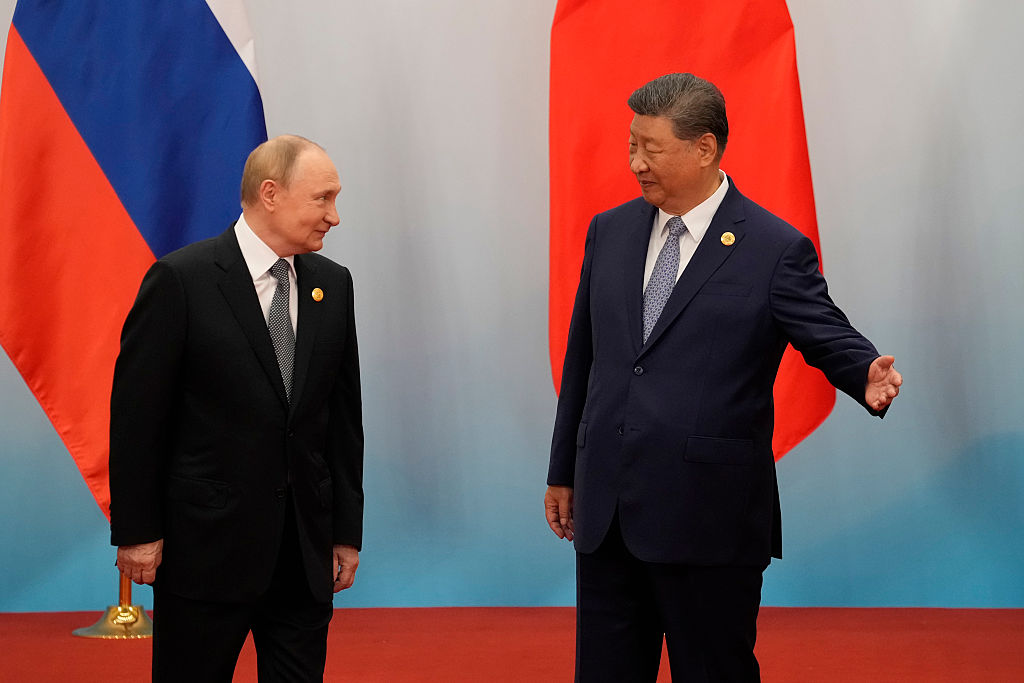






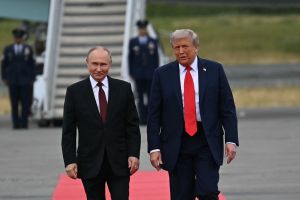
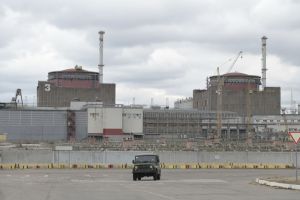
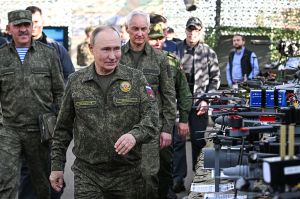
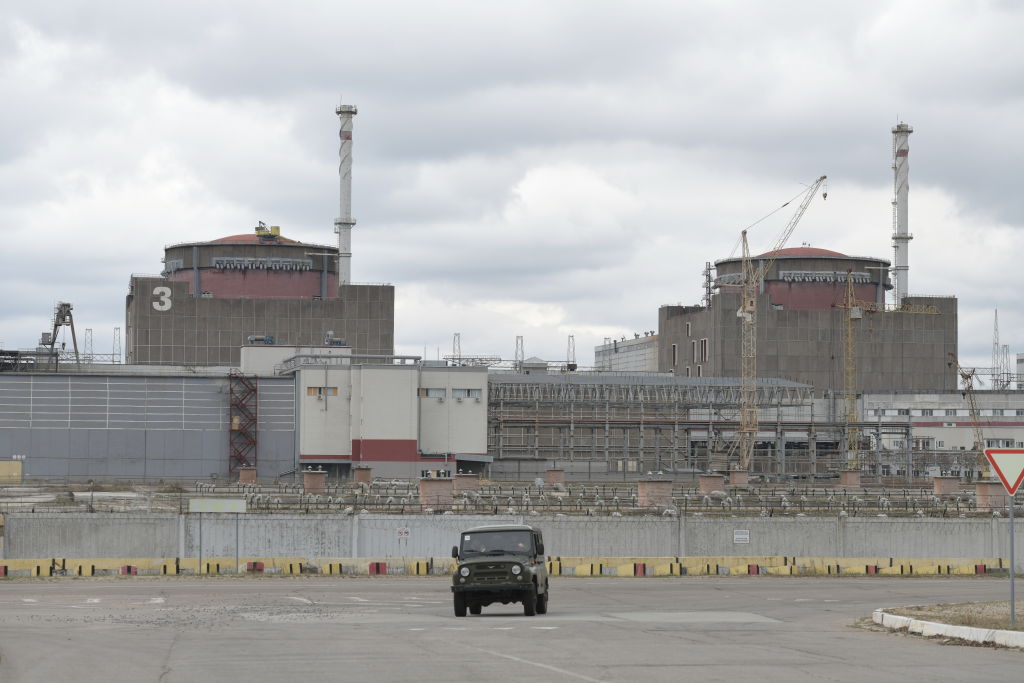
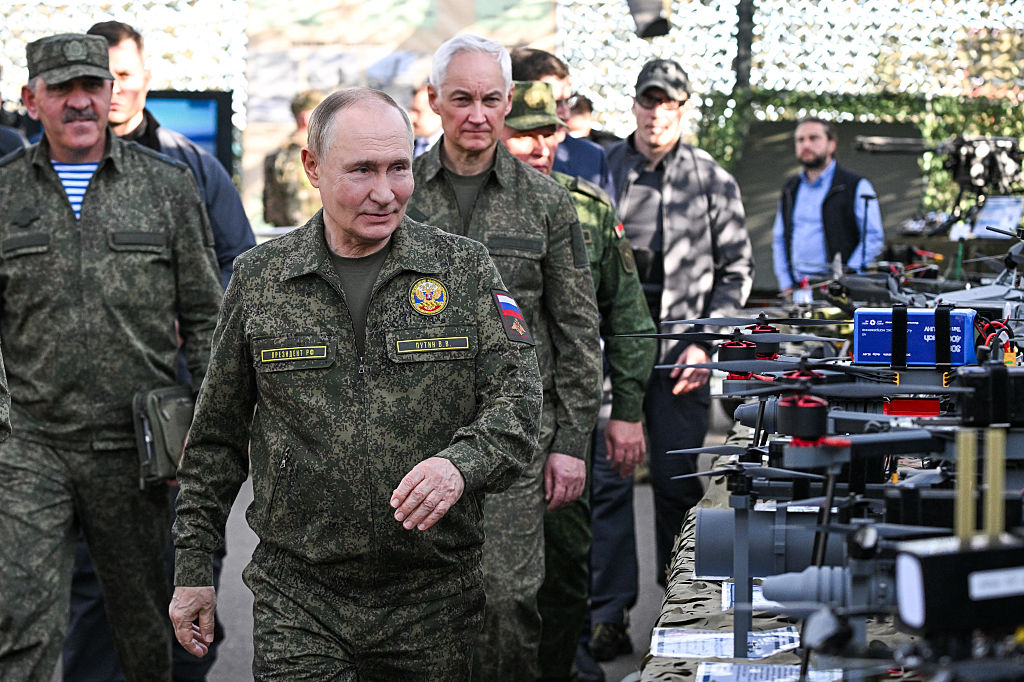











Leave a Reply